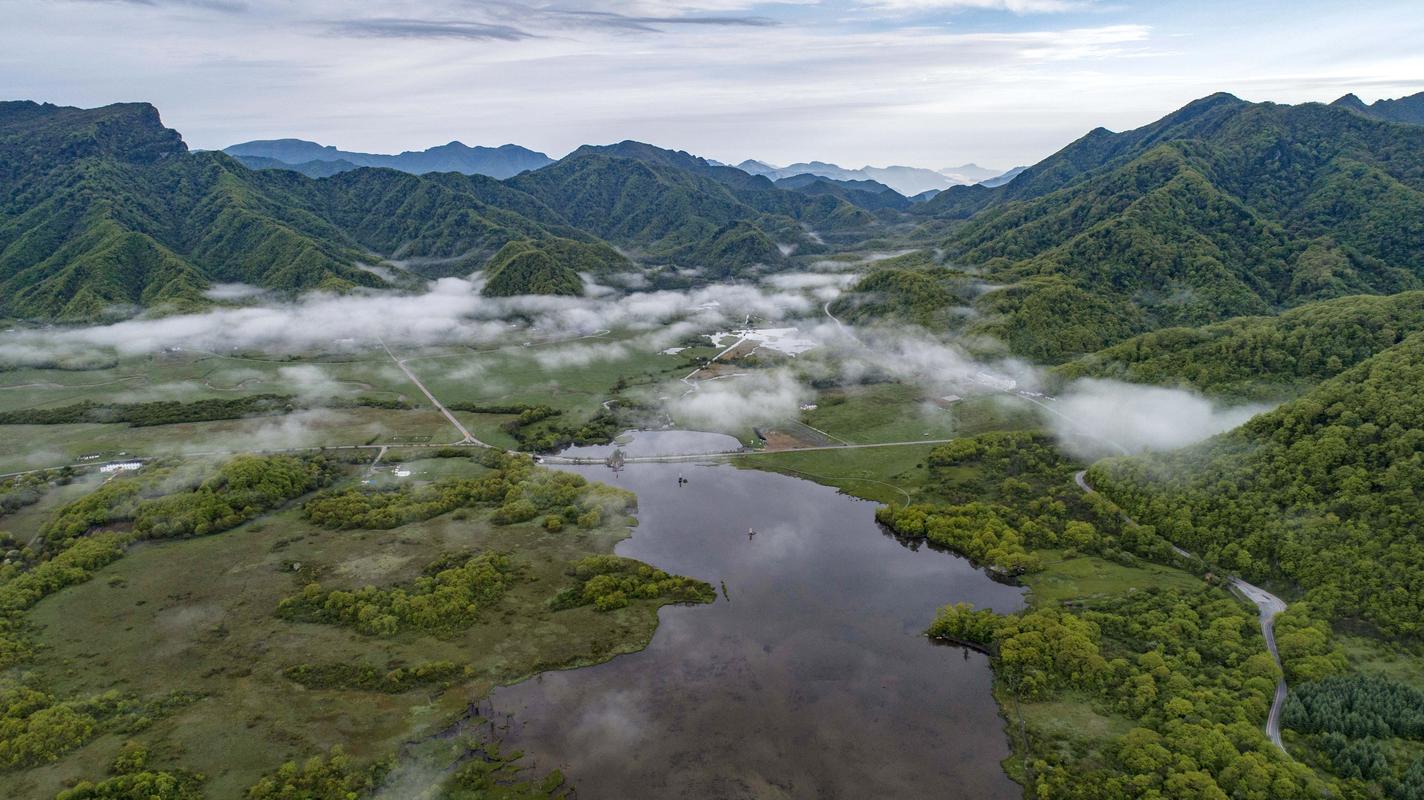When planning a backpacking trip, one of the most important considerations is how to pack your food. A well-packed backpacking food bag can make the difference between a comfortable and enjoyable hike and a miserable one.
In this article, we’ll give you 10 essential tips for packing your backpacking food bag. These tips will help you pack efficiently, keep your food safe and fresh, and ensure that you have plenty of energy for your hike.
Tip 1: Plan your meals and snacks
Before you start packing, plan out your meals and snacks for each day. This will help you avoid overpacking and ensure that you have enough food for your trip. Make a list of all the meals and snacks you’ll need and the ingredients for each. Don’t forget to consider how much water you’ll need to cook and rehydrate your meals.
Tip 2: Choose lightweight and compact foods
When selecting foods for your backpacking trip, choose lightweight and compact options that won’t take up too much space in your backpack. Opt for dehydrated, freeze-dried, or canned foods that are easy to pack and won’t spoil quickly.
Tip 3: Pack calorie-dense foods
On a backpacking trip, you’ll be burning a lot of calories, so it’s important to pack calorie-dense foods that will provide you with enough energy to keep going. Nuts, seeds, and dried fruit are all great options for packing a punch in a small package.
Tip 4: Consider the weather
The weather can have a significant impact on your food choices and how you pack them. In hot weather, you’ll want to pack foods that won’t spoil quickly, while in cold weather, you might opt for high-calorie foods that provide warmth and energy.
Tip 5: Pack snacks separately
Pack snacks separately from your main meals to make them easily accessible throughout the day. This will save you time and energy by avoiding the need to unpack and repack your food bag each time you need a quick bite.
Tip 6: Store food properly
Store your food properly to keep it fresh and prevent spoilage. Store perishable items in a separate cooler or container, and keep non-perishable items in sealed bags or containers to protect against rodents and other pests.
Tip 7: Bring appropriate cooking gear
Make sure you have the appropriate cooking gear for your trip. Depending on your needs, this might include a portable stove, fuel, cookware, utensils, and a water filter or purification tablets.
Tip 8: Pack out your trash
Pack out all of your trash, including any food waste or wrappers. This will help keep the trail clean and protect wildlife from ingesting harmful substances.
Tip 9: Consider local regulations
Before you pack your backpacking food bag, be sure to check local regulations regarding food storage and waste disposal. Some areas may require bear canisters or other special precautions to protect against wildlife.
Tip 10: Practice Leave No Trace principles
Finally, always practice Leave No Trace principles when backpacking, including packing out all of your trash and minimizing the impact of your hiking and camping activities on the environment.
By following these 10 essential tips for packing your backpacking food bag, you’ll be well-prepared for a safe, enjoyable, and delicious backpacking trip.
(Note: Do you have knowledge or insights to share? Unlock new opportunities and expand your reach by joining our authors team. Click Registration to join us and share your expertise with our readers.)
Speech tips:
Please note that any statements involving politics will not be approved.
